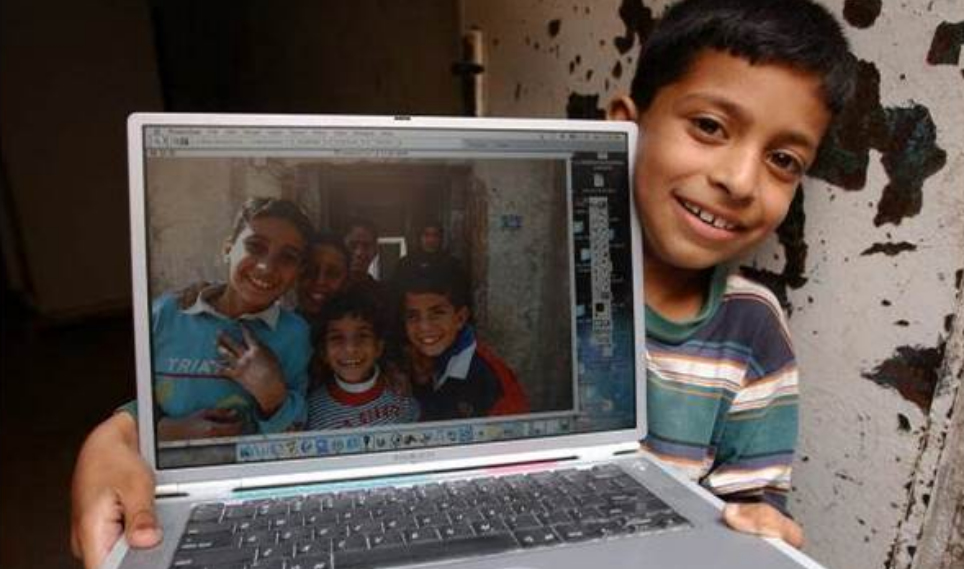
Inadequate access to high-quality schooling in the Arab world has contributed to a widening skills gap that is leaving many young people, even those who have completed school, unemployed and hopeless. But one promising solution offers hope throughout the region: investment in online learning.
DUBAI – Education has long been a challenge in the Arab world, with inadequate access to high-quality schooling contributing to a widening skills gap that is leaving many young people, even graduates, unemployed and hopeless. In a region plagued by conflict and disorder, addressing these problems will not be easy. But, with a bold and innovative approach, it can be done.
Of course, no single strategy is guaranteed to resolve the Arab world’s educational challenges. At the newly created Abdulla Al Ghurair Foundation for Education, which has $1.1 billion and a mandate to broaden opportunities for young Arabs by providing them with scholarships, we have given a lot of thought to the effectiveness – and cost-effectiveness – of the various possible approaches. And one option stands out: online learning.
Already, Arab countries are making rapid progress in expanding Internet connectivity. By 2018, there are expected to be some 226 million Internet users in the Arab world, amounting to more than 55% of the population – almost 7% higher than the global average. But the vast majority of young people use the Internet for social media, rather than for economic or educational purposes. In this sense, they are missing out on a major opportunity, especially given the strides that have been made in improving the effectiveness and appeal of online learning.
Read more at https://www.project-syndicate.org/commentary/arab-countries-online-learning-by-maysa-jalbout-2016-06